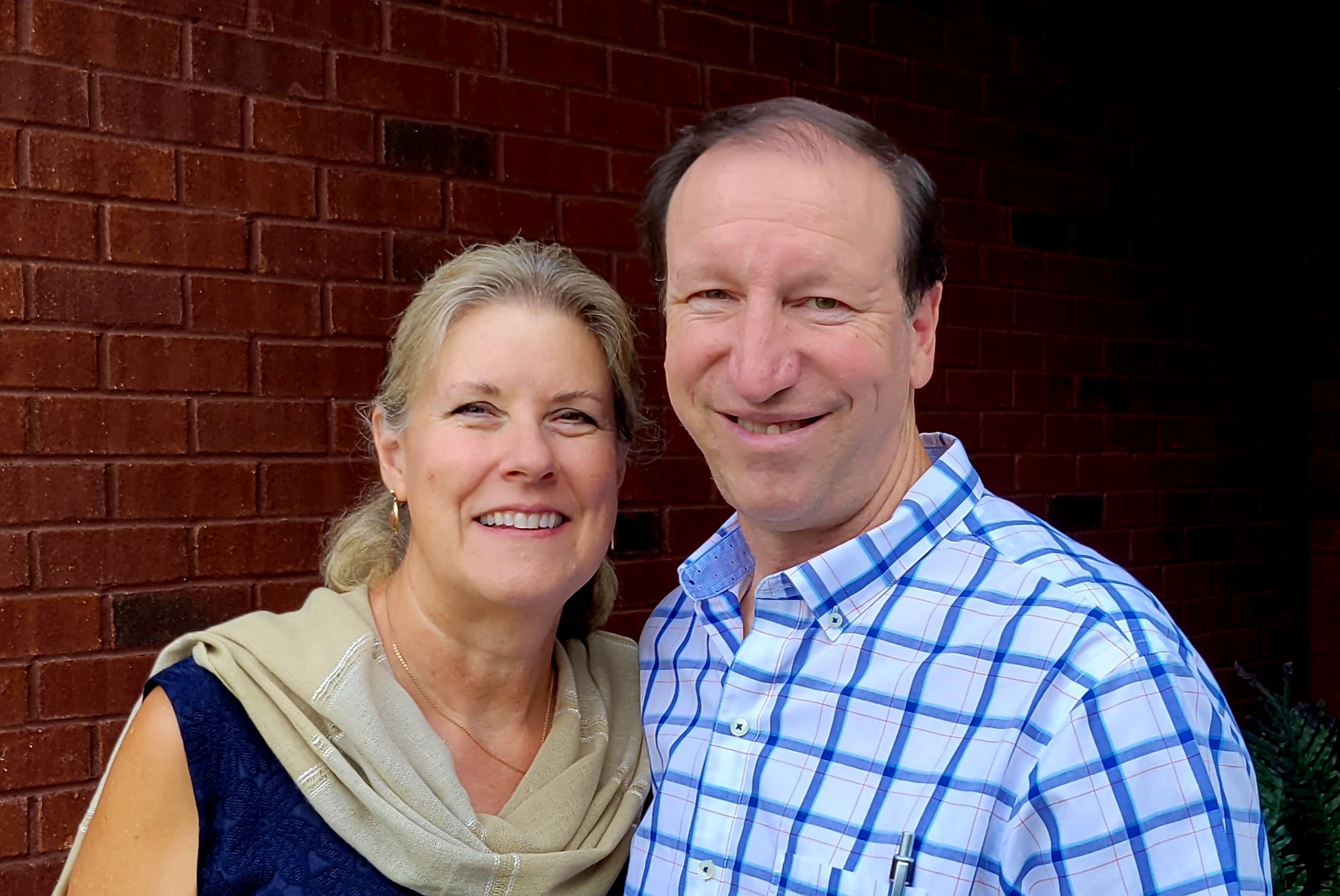In Acts 8:1b-5, Luke tells us, “On that day a great persecution broke out against the church in Jerusalem, and all except the apostles were scattered throughout Judea and Samaria. Godly men buried Stephen and mourned deeply for him. But Saul began to destroy the church. Going from house to house, he dragged off both men and women and put them in prison. Those who had been scattered preached the word wherever they went. Philip went down to a city in Samaria and proclaimed the Messiah there.”
Interestingly, God had clearly told His followers, via the apostles in Jerusalem, to go to Jerusalem, Judea, Samaria, and the end of the earth to be His witnesses (Acts 1:8). They had not gone. Now, persecution arises in Jerusalem causing His followers to go out to Judea and Samaria, and still the apostles do not go. At any rate, at that time, due to the persecution, the gospel began to be spread to Judea and Samaria. This was essential for the advance of the Kingdom.
Hence we see that God can use persecution and suffering to move people where he needs them to be. This can happen on an individual level, as we have seen in a previous look at Joseph, or on a larger level such as we see here. It can be done to move the messenger of the gospel or the receivers of that message. I believe that is part of God’s purpose in the massive refugee movements we are currently seeing around the world. I believe that may also be part of God’s plan in many natural disasters. He seems quite willing to use temporal suffering to create opportunities for eternal blessing.



